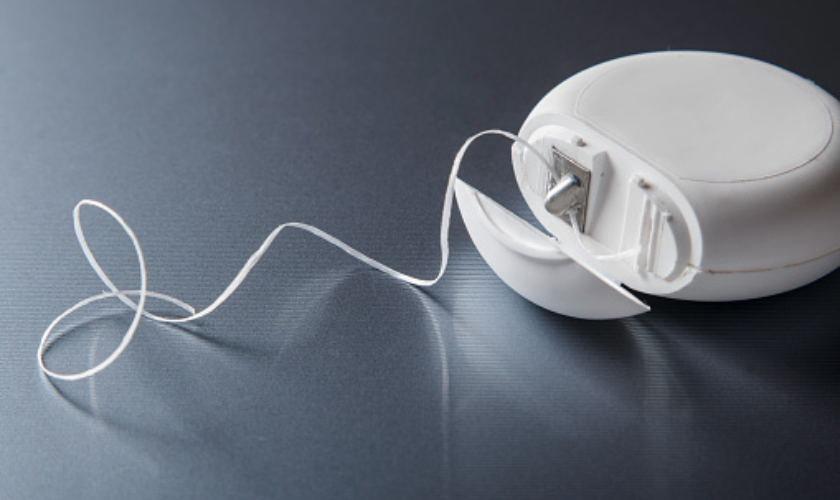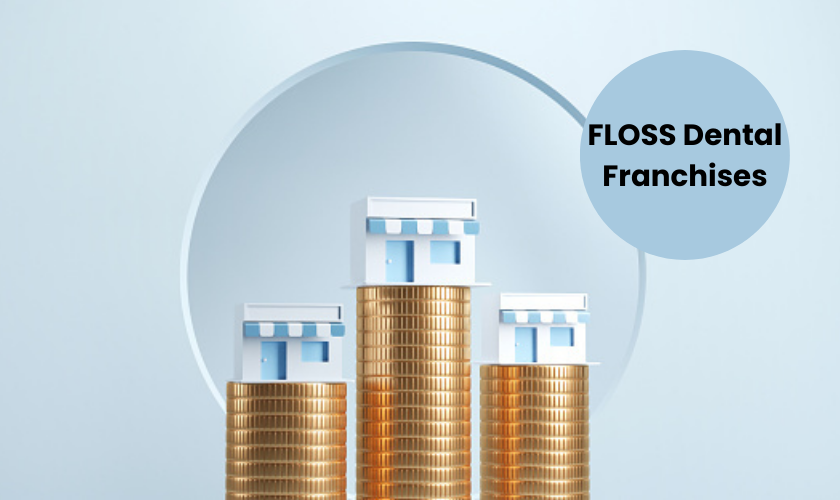Franchise Versus Going At It Alone: When Having A Template In Place Works


A lot of dental professionals, at some point, start to get weary of being a cog in the system and wonder if they should start their own practice, or maybe chuck all those years of dental school and experience and open up a tiki bar, or perhaps even buy a franchise — maybe dental, or maybe not.
A lot of ink has been spilled praising the wonders of the franchise business model. However, if you’re new to franchising, you may not be up to speed on why franchising is so popular. If you’ve been debating whether to start something on your own or buy a franchise, I thought I’d put forth an argument for why having a template works. We think we can make the case that franchising is just what the doctor ordered.
An Attractive Brand Name
Assuming that the brand you are interested in is recognizable, an attractive brand name is a major selling point when it comes to buying a franchise.
The brand name is always a selling point for people who wind up buying a franchise. Having a name on your sign that most people are familiar with means that half of your marketing is practically done for you. The brand’s aesthetic is clean and fresh across the board. The look we strive for is sleek, clean, and current. Less is more. Polished is positive. The modern and minimalist look of the logo/sign is attractive in and of itself.
A Proven Business Model
Another reason many people are interested in buying franchises is their proven business models. There’s nothing wrong with starting a business from scratch — that’s how all franchises began. It’s a career path that is admirable and exciting and brave — and incredibly risky.
Plenty of businesses fail. Franchises can fail, too. The main difference is when you buy a franchise, you’re generally buying a business that has worked well.
Nobody wants to spend their time and money on something that hasn’t worked. With FLOSS Dental™ you’re relying on a proven business model.
A Partner
A lot of people go into business together, and it’s easy to see why. There are the whole “two heads are better than one” cliché. One partner might have strengths in one area, while the other partner has strengths in another. One partner may have deep pockets; the other might be willing to put more time into the business.
When you buy a franchise, you’re essentially buying a business partner. Instead of doing everything on your own, your franchisor may handle certain important tasks, like ensuring you have access to inventory or training your employees to follow the franchise system, and offering marketing support. Every franchisor handles its partnership role differently, but the main takeaway here is that you aren’t alone.
Not only do you have the franchisor as your partner, but you also have all the franchisees in the system whom you can turn to for advice, support, or a pep talk.
It makes a lot of sense that dentists and nurses would want to own businesses. Dentists and other healthcare professionals are in positions of incredible responsibility and often make a lot of important decisions under a lot of pressure. There’s a strong case to be made that they make excellent business owners.
With all that said, there are some scenarios in which being a part of a franchise may not make sense, and it is important to be very honest when looking at your business to make these decisions. Franchising is not for everyone, and a bad match between a franchisee and franchisor is worse than any soap opera marriage you have ever seen.
One example of when you may not want to consider a franchise is if you have been successful by being very creative and working “around” the system. Regardless of your current level of success, if creativity got you where you are, locking yourself into a franchise model may stifle that creative spark that got you there.
There are a lot of benefits to a franchise model, but there are also a lot of questions to answer before you make the decision. Will you stick with the system? Will you feel stifled if you can’t do whatever you want to do? And perhaps most importantly, will you be willing to accept help in a business you’ve already been running for months or years without any other input? The answers to these questions will help you make the decision.
Ultimately, the question is just how much high-stakes pressure you really want to be under. I think a lot of dental professionals will find that if they do a lengthy examination and study their options between a startup or a tried-and-tested business model, a franchise is the best diagnosis they can make.



